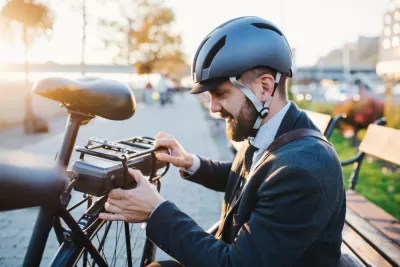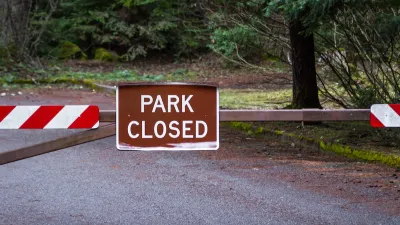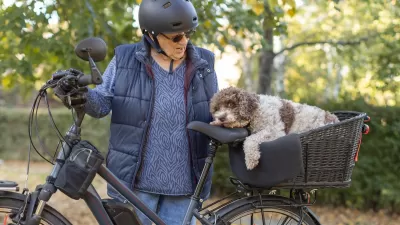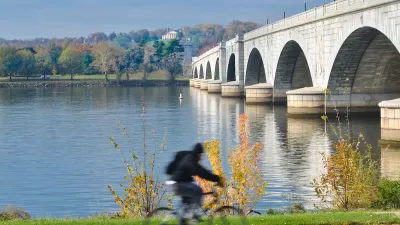A proposed rebate on electric bikes in the District would be more cost-effective in reducing gasoline miles driven than electric car subsidies thanks to the higher elasticity of e-bike demand.

According to an article by David Edmondson in Greater Greater Washington, a proposed $400 to $1,200 e-bike subsidy in Washington, D.C. “packs the most pollution-fighting power” compared to other plans to promote the adoption of zero-emission transportation, bringing the biggest return on investment for reducing gasoline miles driven.
As Edmondson explains, this has to do with the economic concept of elasticity. “[Zero-emission vehicles] are a lot more expensive than e-bikes and, therefore, it takes a lot of money to meaningfully lower the cost of a ZEV compared to an e-bike.” Edmondson used a Canadian model to predict e-bike sales under the new subsidy, predicting a rise of 15 percent in annual sales. “Remarkably, 44% of those sales would go to incentivized buyers who would not have otherwise purchased an e-bike,” Edmondson notes. Most electric car subsidies, on the other hand, tend to be used by people who would already buy electric or hybrid cars.
While they can’t replace all vehicle trips, e-bikes can have a significant impact on gasoline miles. “When a household buys an e-bike, their driving (as measured by vehicle miles traveled, or VMT) decreases by more than a third,” Edmondson found. “When that is taken into consideration, an e-bike subsidy is 2.9 times more effective per dollar at displacing gasoline miles than a ZEV subsidy.”
Edmondson points out the added benefits of e-bikes, such as better health, easier charging, requiring fewer resources for batteries and putting less strain on city streets, and reduced safety risks for pedestrians and other road users.
FULL STORY: Analysis: E-bike subsidies are more cost-effective than EV subsidies

Planetizen Federal Action Tracker
A weekly monitor of how Trump’s orders and actions are impacting planners and planning in America.

Maui's Vacation Rental Debate Turns Ugly
Verbal attacks, misinformation campaigns and fistfights plague a high-stakes debate to convert thousands of vacation rentals into long-term housing.

San Francisco Suspends Traffic Calming Amidst Record Deaths
Citing “a challenging fiscal landscape,” the city will cease the program on the heels of 42 traffic deaths, including 24 pedestrians.

Defunct Pittsburgh Power Plant to Become Residential Tower
A decommissioned steam heat plant will be redeveloped into almost 100 affordable housing units.

Trump Prompts Restructuring of Transportation Research Board in “Unprecedented Overreach”
The TRB has eliminated more than half of its committees including those focused on climate, equity, and cities.

Amtrak Rolls Out New Orleans to Alabama “Mardi Gras” Train
The new service will operate morning and evening departures between Mobile and New Orleans.
Urban Design for Planners 1: Software Tools
This six-course series explores essential urban design concepts using open source software and equips planners with the tools they need to participate fully in the urban design process.
Planning for Universal Design
Learn the tools for implementing Universal Design in planning regulations.
Heyer Gruel & Associates PA
JM Goldson LLC
Custer County Colorado
City of Camden Redevelopment Agency
City of Astoria
Transportation Research & Education Center (TREC) at Portland State University
Jefferson Parish Government
Camden Redevelopment Agency
City of Claremont





























